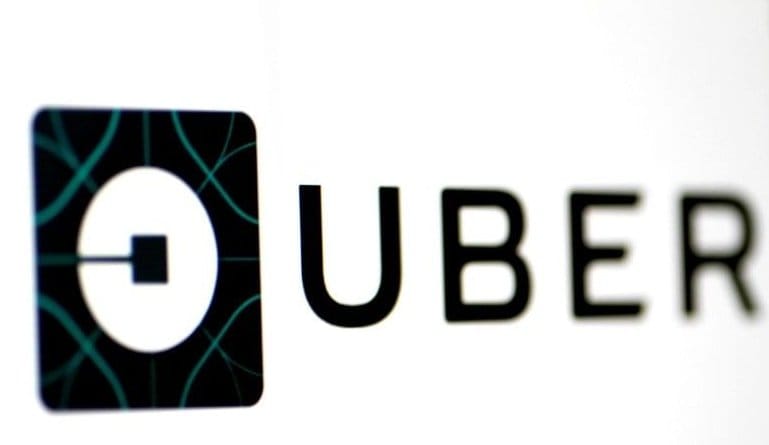Uber has faced quite a bit of turmoil over the last few years, and when Dara Khosrowshahi took over as the Chief Executive Officer, the financial, operational, and cultural situation at Uber was at its weakest. Yet, it seems Khosrowshahi has been able to prove his prowess, as Uber has successfully been able to narrow its losses for the fourth quarter of the 2017-2018 fiscal year.
Khoshrowshahi plans to take the company public in 2019, making meeting its financial goals a necessity. Uber’s adjusted loss for Q4 was $741 million, far less than the $1.02 billion loss in Q3. Gross bookings and net revenue both rose 61 percent this year, reaching $11.1 billion in bookings and $2.2 billion in net revenues, which are both record levels for the company.
In the six months that Khosrowshahi has been CEO, his focus and mission has been to improve the company’s financial standing. The company made heavy losses due to the various cultural and legal scandals it has faced. The changes Khosrowshahi made last quarter included selling Uber’s car-leasing business—which has always lost revenue—and hiring a chief operating officer who has a mandate to cut costs and introduce more standardization across the 80 countries in which Uber operates. The fourth quarter showed some improvement in Uber’s operating expenses, which dropped to 88 per cent of net revenues in the period, compared with 100 per cent of revenues during the third quarter.
Uber’s earnings improvement occurred despite an increase in incentive payments, which the company uses to attract drivers and riders. These incentives, including promotions, price cuts and driver bonuses, rose to 8.8 per cent of bookings, or $981m, during the fourth quarter, compared with 8.6 per cent of bookings during the third quarter. The latest figures brought Uber’s annual bookings to $37 billion in 2017, with full-year net revenues of $7.5 billion.
“We’re incredibly encouraged by our financial performance and excited by our long-term potential to serve riders, drivers, and cities,” said Matt Kallman, an Uber spokesman.
As a private company, Uber is not legally obligated to report its quarterly financials. However, after years of persistent leaks, it started to take the unusual step of confirming its numbers once they were released to shareholders. In its most recent fundraising deal in December, Uber was valued at about $54 billion by a consortium of investors led by SoftBank of Japan, in a complex deal structure that included two different prices for Uber shares. Uber had $6 billion in cash on hand as of December 31, according to a copy of its balance sheet seen by the Financial Times.
With the systematic approach that Khosrowshahi is taking to mend Uber’s image, it could be safe to assume that Uber could have a successful IPO in 2019.




